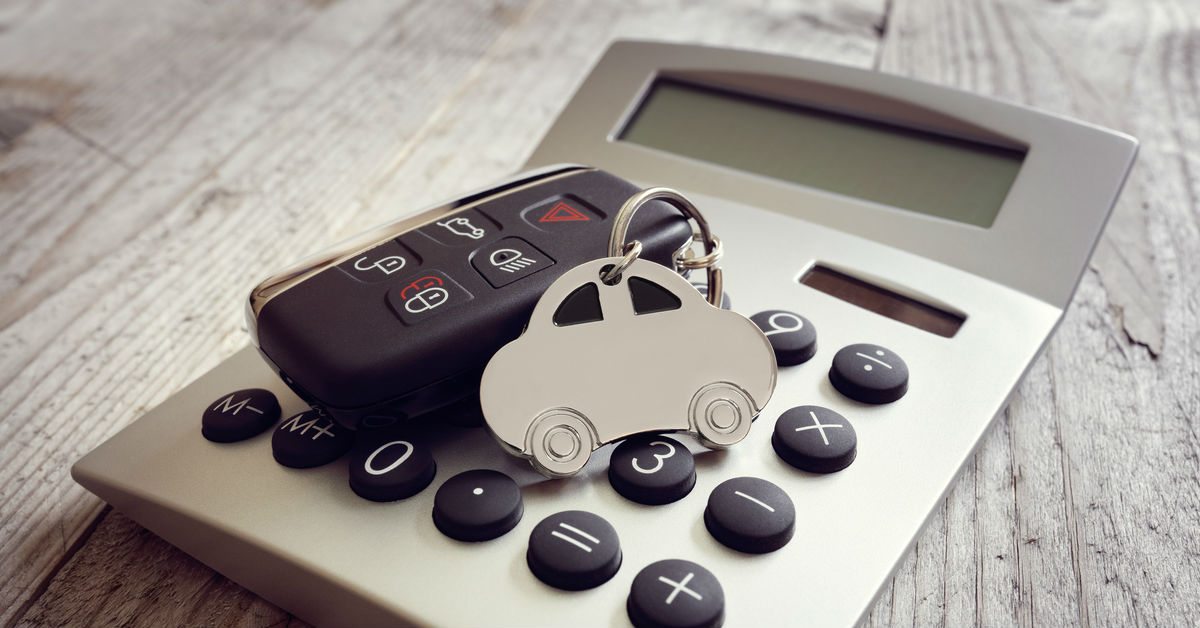
Owning a car is a big responsibility, and with that responsibility comes an associated cost. It’s important to calculate the true cost of car ownership to ensure you’re financially prepared for any expenses that may arise during the life of your vehicle. Whether you’re driving a brand-new car or one that’s been around the block a few times, here is a guide to calculating the true cost of vehicle ownership in Australia.
Initial Cost of Vehicle
The initial cost of your vehicle includes more than just the purchase price – it also includes registration fees and stamp duty (if applicable). Depending on where you live in Australia and what type of car you’re buying, these costs can vary greatly. If you buy second-hand, there will be no stamp duty to pay, but there may be additional costs associated with safety checks and roadworthiness certificates.
Fuel Costs
It goes without saying that fuel is an ongoing expense for all vehicle owners. This is an area where it pays to do your research; certain vehicles are more fuel-efficient than others and can help save money over time. It’s also beneficial to plan out your route so that you don’t waste extra fuel by going out of your way for errands or appointments!
Car Insurance
Insurance from Ansvar plays an important role in protecting your vehicle from financial loss due to theft, accidents, or any other unexpected events. Shopping around for insurance policies can help you find the right coverage at an affordable price point. With comprehensive coverage, you can rest assured that your car (and finances) will be safe if something unfortunate happens while it’s on the road.
Maintenance & Repair Costs
Regular maintenance such as oil changes and tire rotations should be performed regularly in order to keep your vehicle running smoothly and safely over time. Additionally, more extensive repairs may be necessary due mainly to wear-and-tear over time or mechanical issues that arise out of nowhere (e.g. engine failure). These repair costs can add up quickly, so it’s always best practice to set aside money each month specifically for any unexpected repair bills that may arise.
Depreciation Costs
One of the main costs associated with owning a car is depreciation – or the difference between the price you paid for your vehicle and its estimated resale value after a certain period of time. It’s important to factor in depreciation when considering the true cost of owning a car, as it can significantly reduce your potential profits if you decide to sell.
The rate at which cars depreciate varies greatly depending on make, model, age, and condition. However, on average they tend to depreciate around 10-20% per year.
What’s the true cost of owning the car you’ve got your eye on?
By taking all potential expenses into account before making a purchase decision, you can ensure you have the funds available to maintain your vehicle throughout its lifetime without putting yourself into financial hardship. Whether it’s fuel costs, registration fees, or insurance; being aware of all related expenses will help keep your budget balanced. Good luck and drive safe!
Leave a Reply